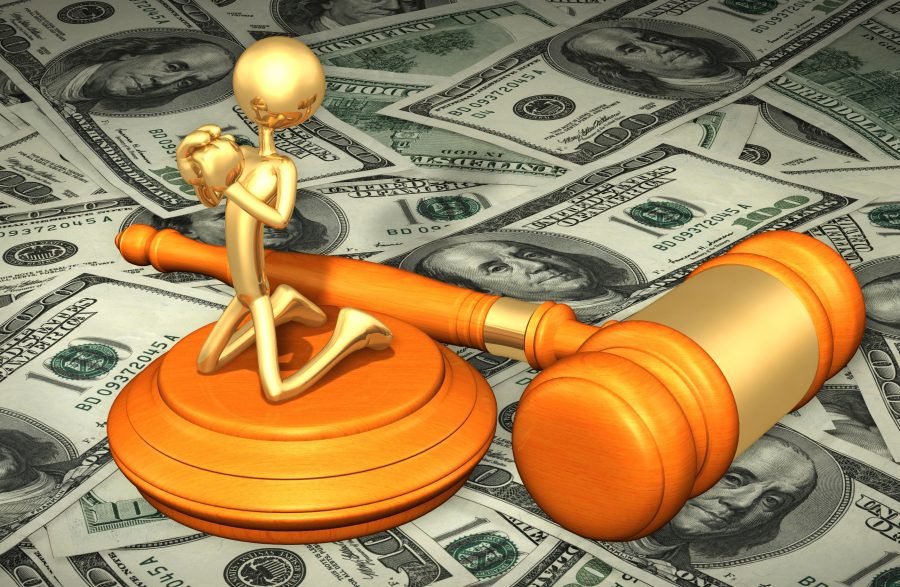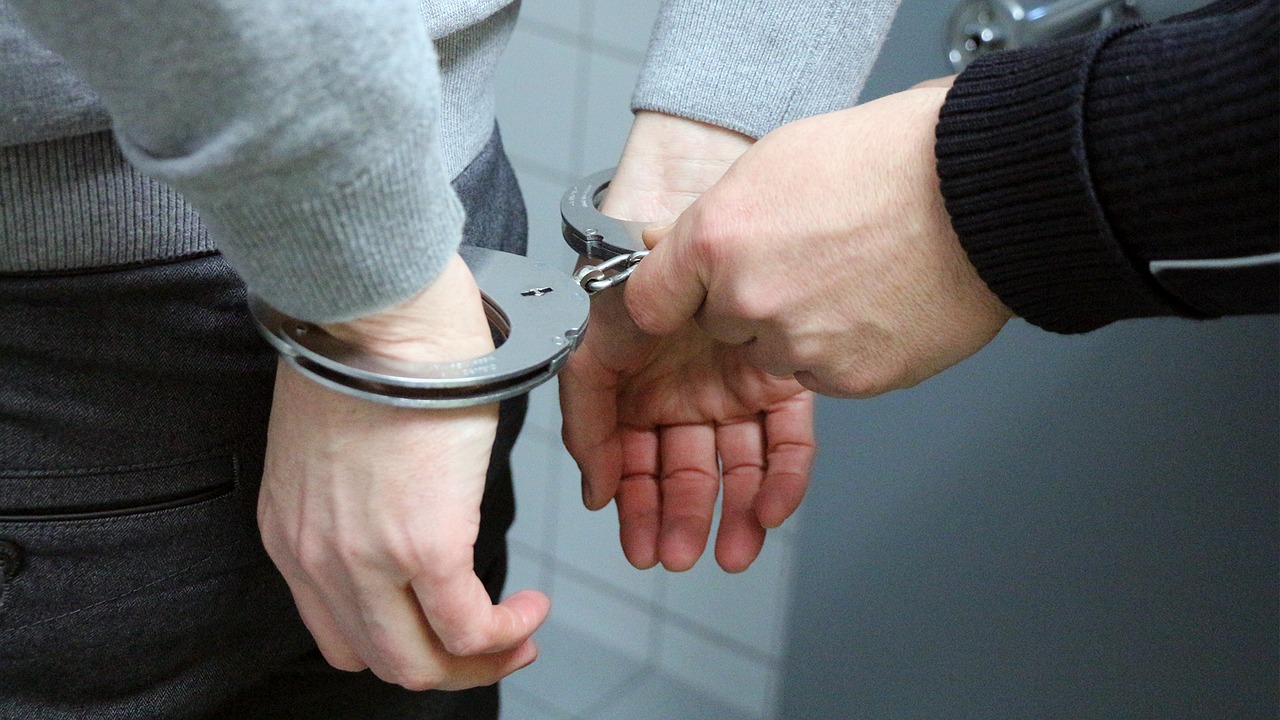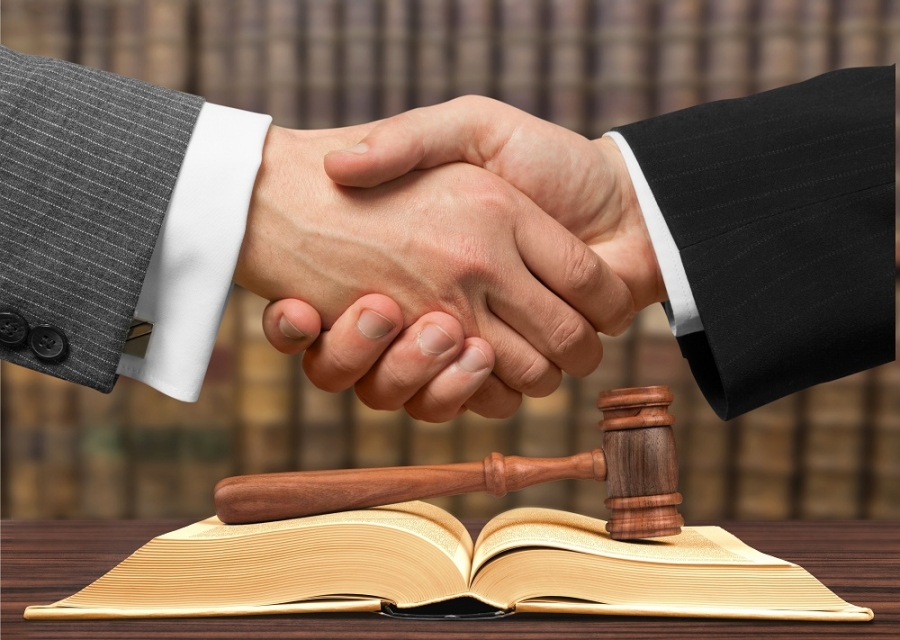Having a crime charged against you is a confusing and often traumatic experience. Even the prospect of a lengthy trial process is tiring mentally, emotionally, and financially. With all these complications, it’s easy to look at a plea offer made to you by the prosecutor as an easy way out. After all, pleading guilty in court is a common event.
However, there are things you should know before you plead guilty to an offense. Arming yourself with knowledge will make sure that you get the best possible deal.
5 Important Questions about Pleading Guilty to an Offense
#1: What is a Plea Bargain?
First off, you should know what a plea offer stands for. When you strike a plea bargain, you have an agreement in a criminal case between the prosecutor and the defendant. You agree to plead guilty to the charge. In return, you get a concession from the prosecutor, mostly in terms of sentencing.
Most criminal cases are settled by plea bargain. The main reason why parties agree to a plea bargain is to avoid a drawn-out criminal trial.
#2: Whom should I consult?
Always talk to and consult with a criminal defense attorney if you find yourself with a plea offer. A good defense attorney can look at the facts of your case to know if you are getting the best possible deal. You have to consider the chances you have in getting a better sentence and lighter charge. You also have to consider the impact the case will have on your records.
Though you may have some idea of criminal cases already through experience or your friends, a good criminal defense lawyer has a better grasp on current trends and possible sentences. They can even find a way to dispute the charges entirely, which is to your best interest.
#3: Is a Plea Bargain always in your Best Interest?
Just because a plea bargain is commonplace, it doesn’t mean it is always to the best interest of the defendant. You need to carefully assess your case with your criminal attorney. Many times, prosecutors make a plea offer because they have flimsy evidence. If the prosecutor feels like their side can lose the trial, they’d rather pressure you into accepting a plea offer before the case goes to court.
Another reason why a plea bargain is not always in your best interest is because some prosecutors only offer it to quickly resolve the case. Often, prosecutors’ self-interest is to finish as many cases as possible.
#4: Will Plea Bargains take long?
It’s already established that plea bargains do not take as long as most trials for criminal charges. However, this doesn’t mean the plea bargain negotiations happen in a day. The prosecutor and your criminal defense attorney can have several tries at negotiation before they reach the best compromise.
#5: What Happens During Plea Bargaining?
The prosecution and the defense will arrange a court hearing after a deal is worked out. The judge will hear the guilt or no contest plea in open court. You will need to testify to facts establishing your guilt, to ultimately determine that the plea is given “knowingly and intelligently”. Afterwards, the plea will become part of the record, and the defendant will be sentenced.
Assessing the costs and benefits of a plea bargain is important to secure your best interests. Know more about your options with the right criminal defense attorney. Book an appointment today!
Written by The VanMatre Law Firm, one of the top criminal defense attorneys in Columbia, MO.





